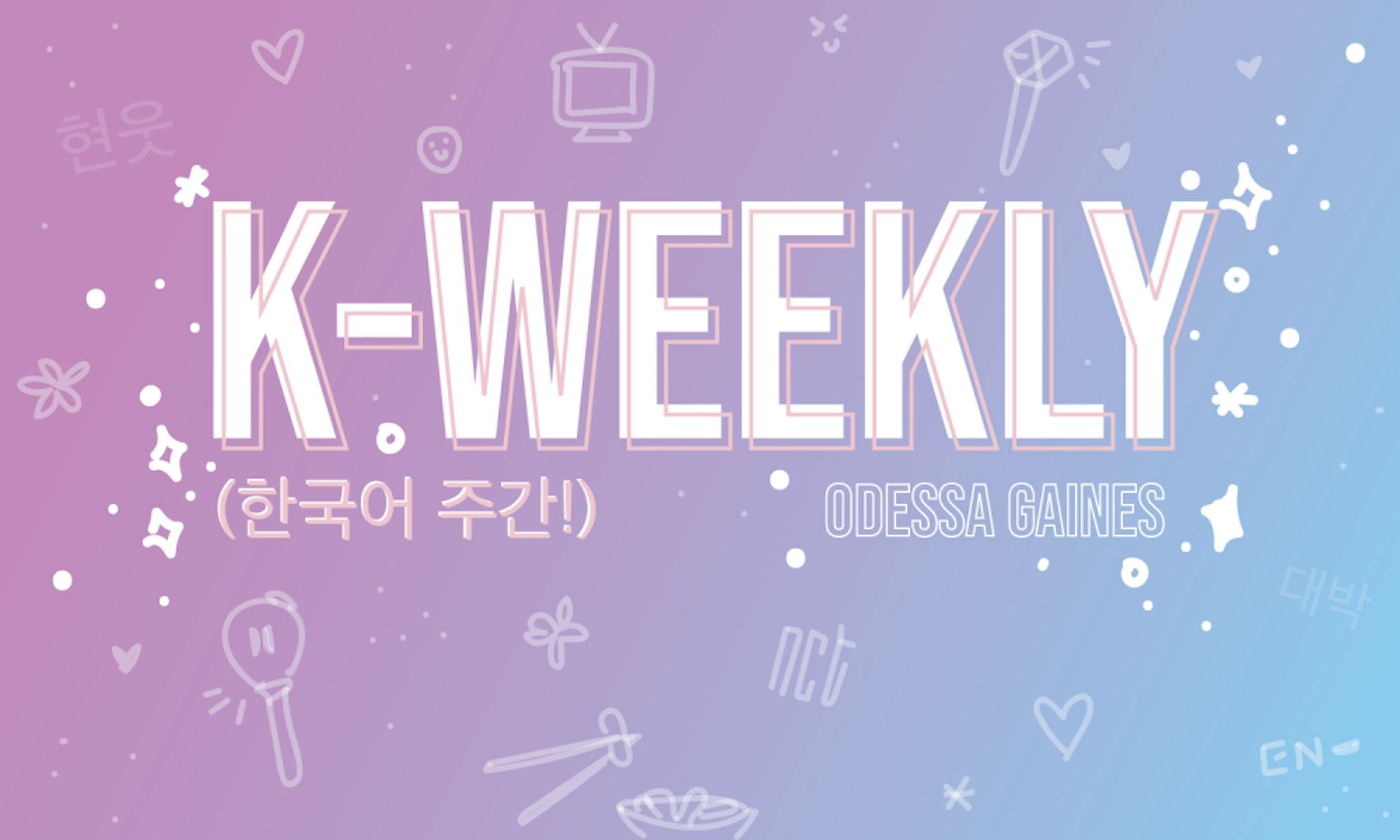I happen to be a firm believer in the idea that you can enjoy things that are criticized, and that it’s kind of impossible to not enjoy things that are criticized. Everyone has skeletons in their closets as well as mistakes they made when they were young and ignorant, so I believe in forgiving but not necessarily forgetting. This is why I can enjoy K-pop, despite the not-so-cool parts of it.
As a lover of K-pop, I do often see the toxic fandoms and mistakes made by idols and artists. A big thing is the appropriation of Black culture in the K-pop industry.
I spoke before on how K-pop has its origins in Black American music, and how some artists have gone too far in engaging with said music —to the point of it becoming mockery and appropriation.
Idols who strive to make hip-hop and rap-aligned music may engage in the use of African American Vernacular English. Korean rapper J.Y. Park received criticism recently after posting a remix of Kendrick Lamar’s song “DNA” (2017). Park’s remix contained forms of Black appropriation and mockery with non-Black K-pop performers having culturally Black hairstyles, like afros and dreadlocks.
The history of Black appropriation in K-pop goes as far back as the first decade of modern K-pop (the 1990s), when J.Y. Park, the founder of the Big Three company JYP Entertainment, wore blackface along with background dancers during a stage performance. JYP and J.Y. Park are both seen as pillars in the world of K-pop and K-music and in the shaping of the industries today, but they are a reflection of the innate cultural disrespect it has.
What I find most disrespectful as a Black K-pop listener is when there is a clear lack of apology and growth following an incident of Black appropriation or mockery. Whether artists understand what they’ve done was wrong or not, they have a duty as public figures and human beings to apologize for engaging in cultural harm. And not only is an apology required but also a clear attempt to be better and grow.
K-pop idols have also been seen appropriating other cultures, such as those of Indigenous America and Southeast Asia. By wearing or displaying cultural symbols such asmosque imagery andfeathered headgear, artists are appropriating cultures they are not a part of. And this is not a thing of the past, but rather something that seems to come up in the broader K-pop community very often.
When groups like Mamamoo paint their face black, give a quick apology, then turn around and wear Black hairstyle durags right after, it becomes clear that there is a lack of respect for Black culture. The right thing to do would be to apologize and try harder to become more culturally aware.
I do believe that everyone should be able to enjoy K-pop and K-music without feeling guilty when the artists they listen to make actual efforts to be more culturally aware. I do not believe in forgetting about the Black appropriation and mockery that permeates the community.
I mentioned in a previous article that some groups have made efforts to support the Black Lives Matter protests and uplift Black voices, which is a step in the right direction. The community now needs to continue moving forward and promoting cultural appreciation and awareness.






